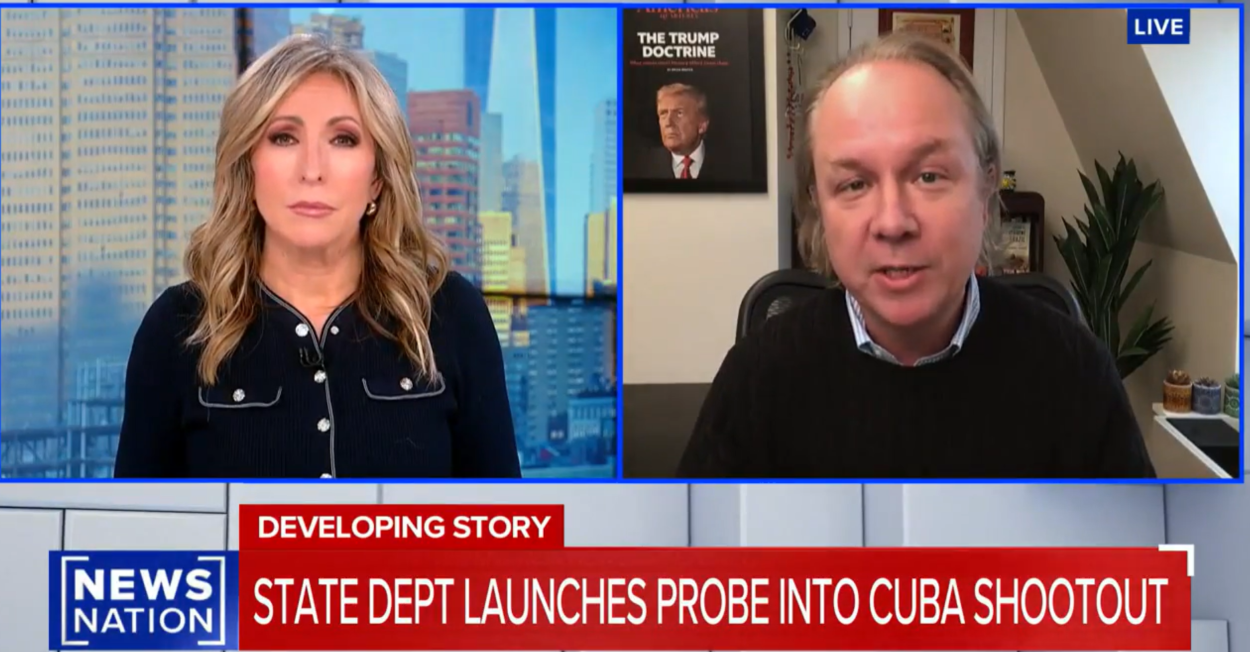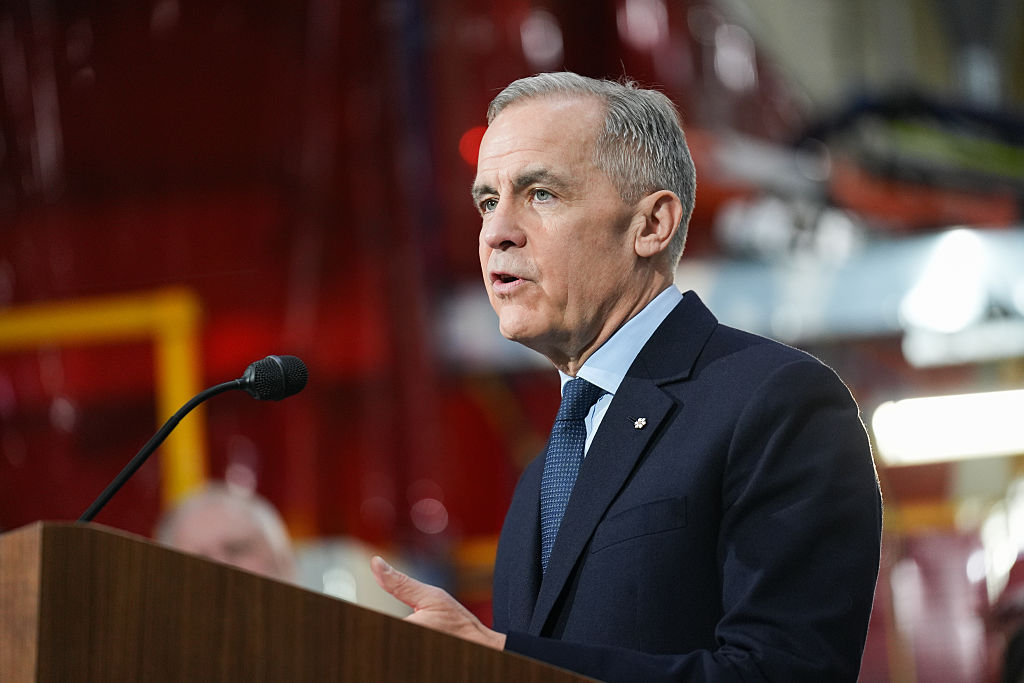Expelling USAID from Bolivia: The Impact of Morales' Decision
Expelling USAID from Bolivia: The Impact of Morales' Decision
In Financial Times' beyondbrics, AS/COA's Eric Farnsworth examines the factors behind Bolivian President Evo Morales' decision to expel USAID.
Bolivia is the poorest nation in South America. Along with Haiti and Nicaragua, it is one of the poorest in all of the western hemisphere. So what’s President Evo Morales’ latest strategy to improve social indicators? Expel USAID, the US government aid agency that spent some $28m last year promoting healthcare among poor Bolivians and working to protect the environment.
In the alternative universe of the Morales government, USAID is a tool of “political interference” stemming from a “mentality of domination and submission”. That’ll be news to Bolivia’s rural communities and aid recipients, including municipalities, which have relied on capacity building and technical training assistance. Since 1964, US taxpayers have willingly and generously offered the Bolivian people nearly $2bn in development assistance, much of it going to supplement Bolivia’s own health and education services and to work in coordination with Bolivia’s government to preserve sensitive environmental lands.
The expulsion of USAID was anticipated, having been long threatened by the president. In part due to mutual mistrust and in part due to US budget realities, aid has dropped by around three quarters in less than five years. Assistance was set to drop still further for the coming year. But he chose on Wednesday to drop the ax.
May 1 holds a special place for Morales. It is the day he frequently uses to unveil economic and political initiatives. In previous years he has used May Day events to announce government takeovers, backed by an overt show of military force, of Bolivia’s natural gas fields, telecommunications and other sectors, and to stoke nationalist fervor by accusing the United States and European nations of being imperialist aggressors with hegemonic designs. These actions have also negatively impacted Brazilian commercial interests and relations between the two neighbors are increasingly tense.
Certainly these actions resonate with many Bolivians and with numerous of their supporters outside the country who see Morales’ agenda as an effort to bring dignity to the downtrodden and check US influence in the region. Indeed, Morales was elected to a second term in 2009 and he will likely also win in 2014 now that that Morales-packed Supreme Court has just interpreted the Morales-instituted constitution to allow him to run for a third term. He knows his audience and is playing well to it.
In fact, Morales’ desire for a third term may be as good an explanation as any for his latest steps. Interpreting the constitution to allow him to run again was bound to create at least a modicum of controversy, as it has elsewhere in the region. By concurrently picking a fight with USAID and also traditional rival Chile—bringing a case at the World Court to recover coastline lost after the War of the Pacific in 1884—Morales is going down the well-trod path of building political support by stoking nationalism against supposed international threats.
But USAID is hardly a threat to Bolivia, no matter what the president claims. Likely, he knows it. The problem is that there’s not really anyone left with whom to pick a fight. The US ambassador was expelled on trumped up charges in 2008 and neither country has accredited an ambassador to the other since then. The US Drug Enforcement Administration was sent packing in 2009, leading to a significant drop in Bolivia’s ability to interdict illegal narcotics. With the DEA also went unilateral trade preferences that the US taxpayer was voluntarily granting to Bolivia’s struggling private sector and the Bolivian jobs that depended on exports to the United States. US and other businesses, scared away by Bolivia’s aggressive expropriations and hostility toward foreign investors, are focusing elsewhere in South America and globally. Without investment, nations cannot build wealth or grow over the longer term. And the expulsion of USAID will likely accelerate further cuts of European assistance in a broader aid deleveraging.
So the question must be asked: how do these actions support a credible model of economic development and the creation of wealth for all Bolivians that the president seeks to promote? This will be his challenge in the months and years to come.
Bolivia is a sovereign nation. Sovereign nations can make sovereign decisions. Expelling USAID is certainly within President Morales’ rights and abilities to do. But the practical impact is that his citizens who otherwise would have been helped will now go without; those in other nations will get a little more assistance that is redirected away from Bolivia. As Alice in Wonderland might say, the Morales government’s approach to economic development is getting curiouser and curiouser.
Eric Farnsworth is vice president and Washington office head at the Council of the Americas. He formerly worked on hemispheric affairs at the White House and US Department of State during the Clinton Administration.








